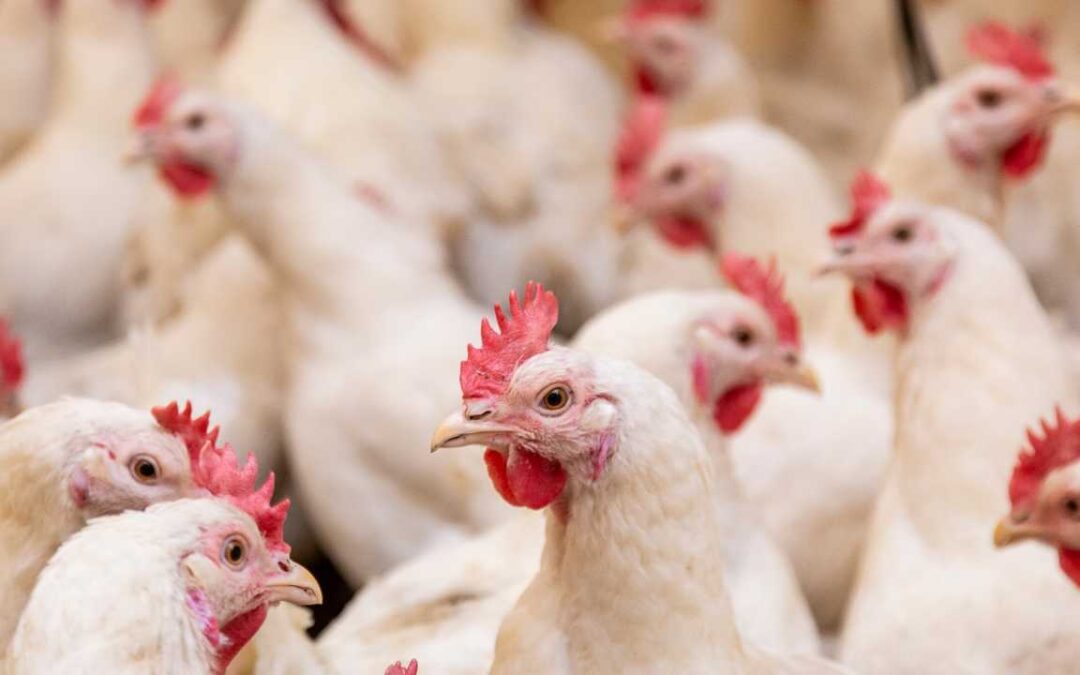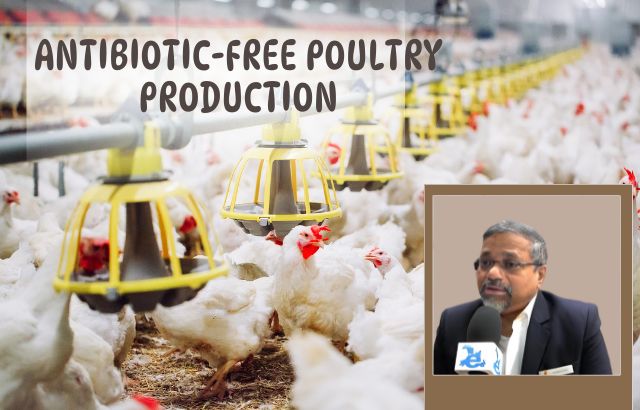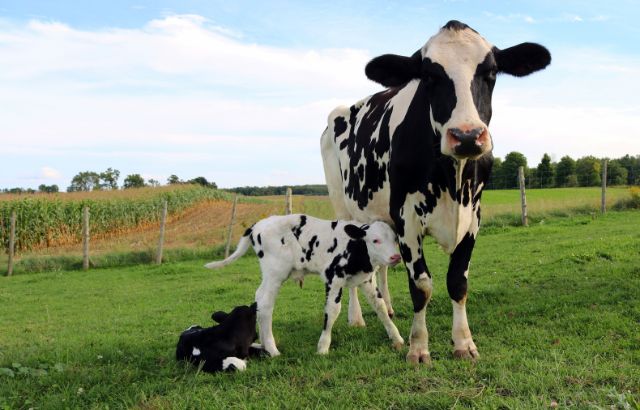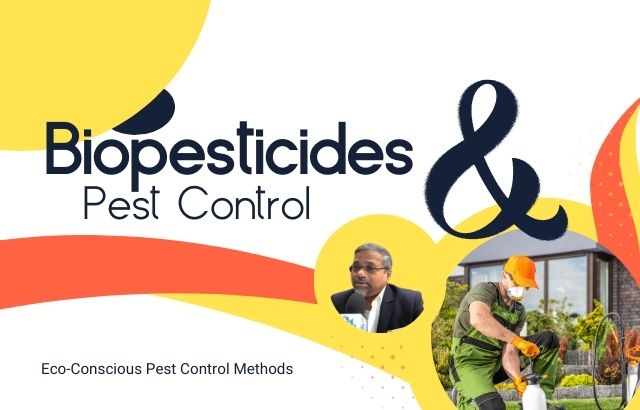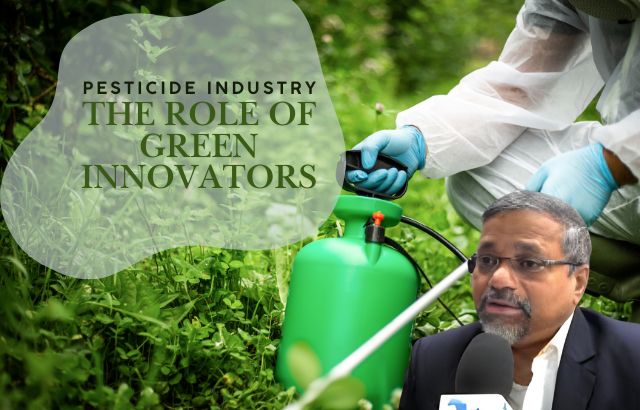The poultry industry plays a vital role in meeting the global demand for high-quality protein. However, this industry faces significant challenges, particularly in maintaining the health and well-being of birds. One of the most pressing concerns is the control of pathogenic gut bacteria that can lead to diseases and economic losses. In this blog, we will explore the importance of antibacterials and their role in managing pathogenic gut bacteria in poultry.
Antibacterials Controlling Gut Pathogens in Poultry- Understanding the Gut Microbiome
The gut of a chicken is a complex ecosystem filled with a diverse array of microorganisms, including bacteria. This community of bacteria, known as the gut microbiome, plays a crucial role in digestion, nutrient absorption, and overall health. However, it’s a delicate balance, and the presence of pathogenic bacteria can disrupt this equilibrium.
The Threat of Pathogenic Gut Bacteria
Pathogenic gut bacteria, such as Salmonella and Clostridium perfringens, pose a significant threat to poultry flocks. These bacteria can lead to diseases like necrotic enteritis and contribute to foodborne illnesses in humans when poultry products are consumed. Controlling these pathogens is essential for the well-being of both the birds and consumers.
Antibacterials Controlling Gut Pathogens in Poultry- The Role of Antibacterials
Antibacterials, also known as antimicrobials, are substances that inhibit the growth or kill bacteria. In the poultry industry, they are used to manage pathogenic bacteria effectively. Here’s why antibacterials are vital:
- Disease Prevention: Antibacterials can be administered as a preventive measure to reduce the risk of bacterial infections. This is especially important in crowded poultry environments where diseases can spread rapidly.
- Treatment: When disease outbreaks occur, antibacterials can serve as a treatment option to control and eliminate the pathogenic bacteria responsible for the illness.
- Improved Bird Health: By controlling harmful bacteria, antibacterials contribute to better overall health in poultry. This results in improved growth rates, feed conversion, and overall productivity.
- Food Safety: The use of antibacterials in poultry farming contributes to food safety by reducing the risk of bacterial contamination in poultry products that may end up on consumers’ plates.
Responsible Use of Antibacterials
While antibacterials are crucial tools in poultry health management, their responsible use is of paramount importance. Overuse or misuse of antibacterials can lead to antibiotic resistance, where bacteria become less susceptible to the drugs used to treat them. To address this concern, poultry farmers should:
- Follow Regulations: Comply with regulations and guidelines set by local authorities and international bodies regarding the use of antibacterials in poultry production.
- Consult Veterinarians: Work closely with veterinarians who can provide expert advice on antibacterial use, including proper dosage and administration.
- Implement Biosecurity Measures: Preventing the introduction of pathogens through strict biosecurity measures can reduce the need for antibacterials.
- Consider Alternatives: Explore alternative strategies like vaccination, probiotics, and prebiotics to enhance gut health and reduce the reliance on antibacterials.
Frequently Asked Questions:
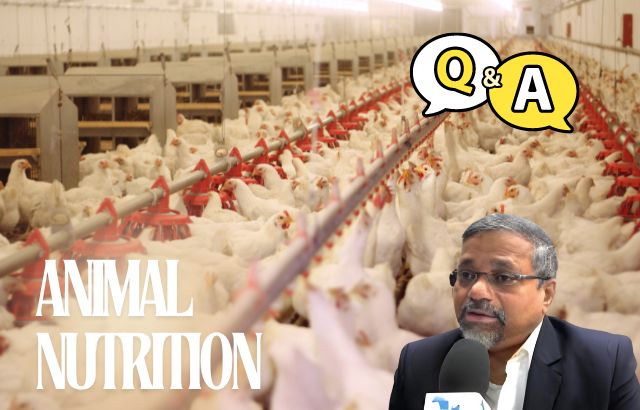
What are some effective antibacterials for controlling pathogenic gut bacteria in poultry?
Answer: Commonly used antibacterials include bacitracin, virginiamycin, and avilamycin. These help manage bacterial populations and improve gut health.
How do antibacterials improve poultry health?
Answer: Antibacterials reduce harmful bacterial loads in the gut, preventing infections and promoting better nutrient absorption, leading to healthier poultry.
Are there any risks associated with using antibacterials in poultry?
Answer: Overuse can lead to antibiotic resistance and residues in meat. It’s crucial to follow guidelines and use alternatives when possible.
Can natural alternatives replace antibacterials in poultry farming?
Answer: Probiotics, prebiotics, and herbal extracts can support gut health and reduce reliance on traditional antibacterials.
What regulations govern the use of antibacterials in poultry farming?
Answer: Regulations vary by country but generally include restrictions on types, dosages, and withdrawal periods to ensure food safety.
Wisdom is the reward for a lifetime of listening- Popular quotes by Jaiguru
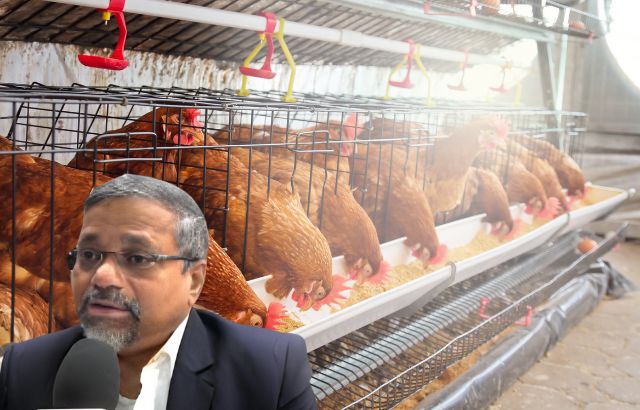
1. “Antibacterials are essential for maintaining gut health in poultry.”
Clarifications: Antibacterials help manage harmful bacteria, reducing the risk of disease.
Method: Implement a controlled use of antibacterials.
Execution: Regular monitoring and adherence to guidelines.
2. “Effective antibacterial use leads to healthier and more productive poultry flocks.”
Clarifications: Healthier birds grow better and produce more.
Method: Optimize antibacterial regimens.
Implementation: Work with a veterinarian to tailor treatments.
3. “Balanced antibacterial application prevents the development of resistance.”
Explanations: Responsible use is key to maintaining efficacy.
Strategy: Rotate and limit antibacterial use.
Implementation: Follow best practices and industry guidelines.
4. “Antibacterials support better nutrient absorption in poultry.”
Descriptions: Healthy guts absorb nutrients more efficiently.
Strategy: Ensure proper gut health management.
Implementation: Integrate antibacterials with dietary improvements.
5. “Using antibacterials judiciously can enhance food safety.”
Interpretations: Proper use reduces harmful bacteria in the food chain.
Method: Adhere to withdrawal periods and dosages.
Execution: Implement strict compliance and monitoring protocols.
Conclusion
In the poultry industry, the control of pathogenic gut bacteria is essential for bird health, food safety, and economic viability. Antibacterials are valuable tools in achieving these goals when used responsibly and in conjunction with other management practices. As the industry continues to evolve, the responsible use of antibacterials will remain a crucial component of poultry farming, ensuring a sustainable and safe supply of poultry products for consumers worldwide.

